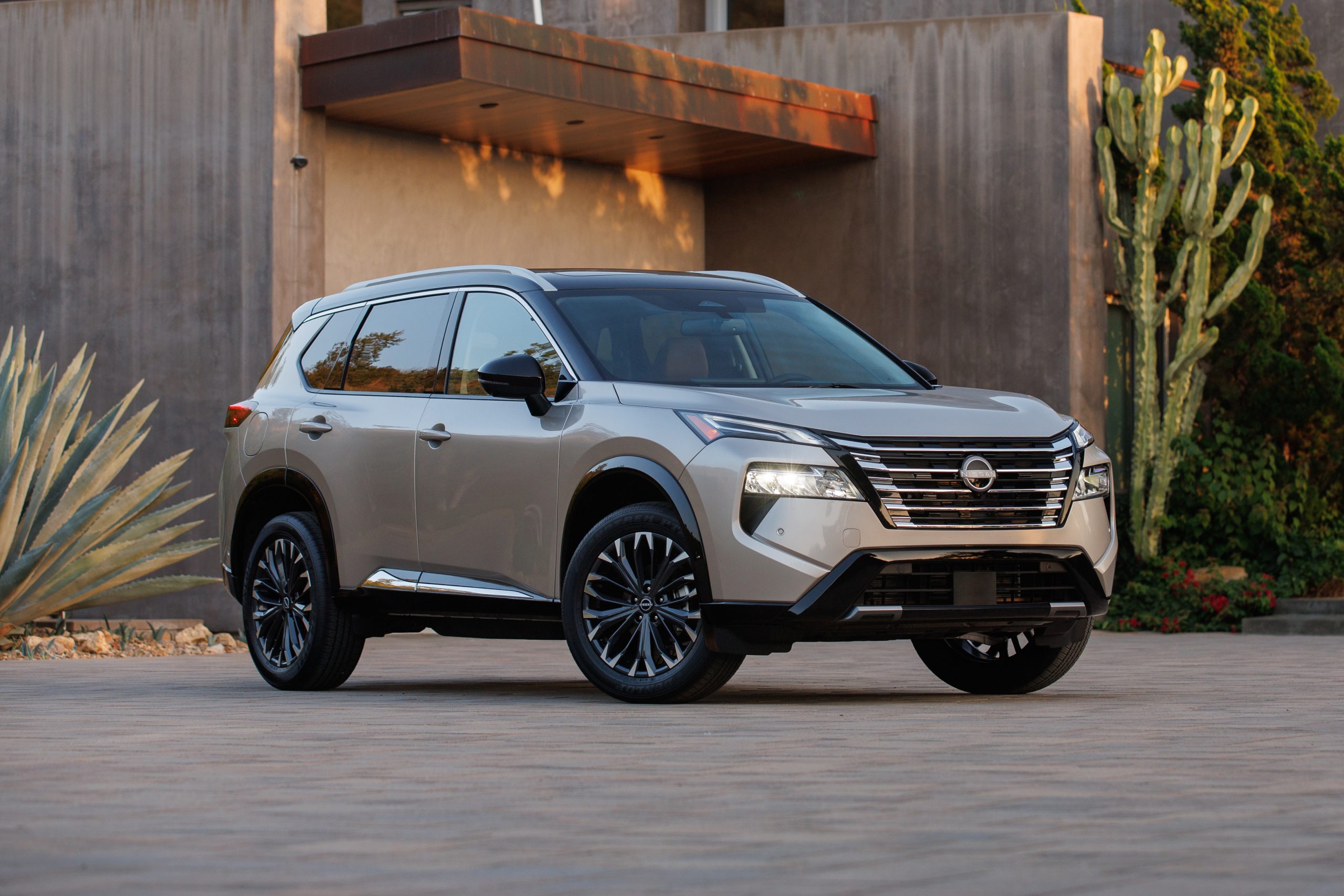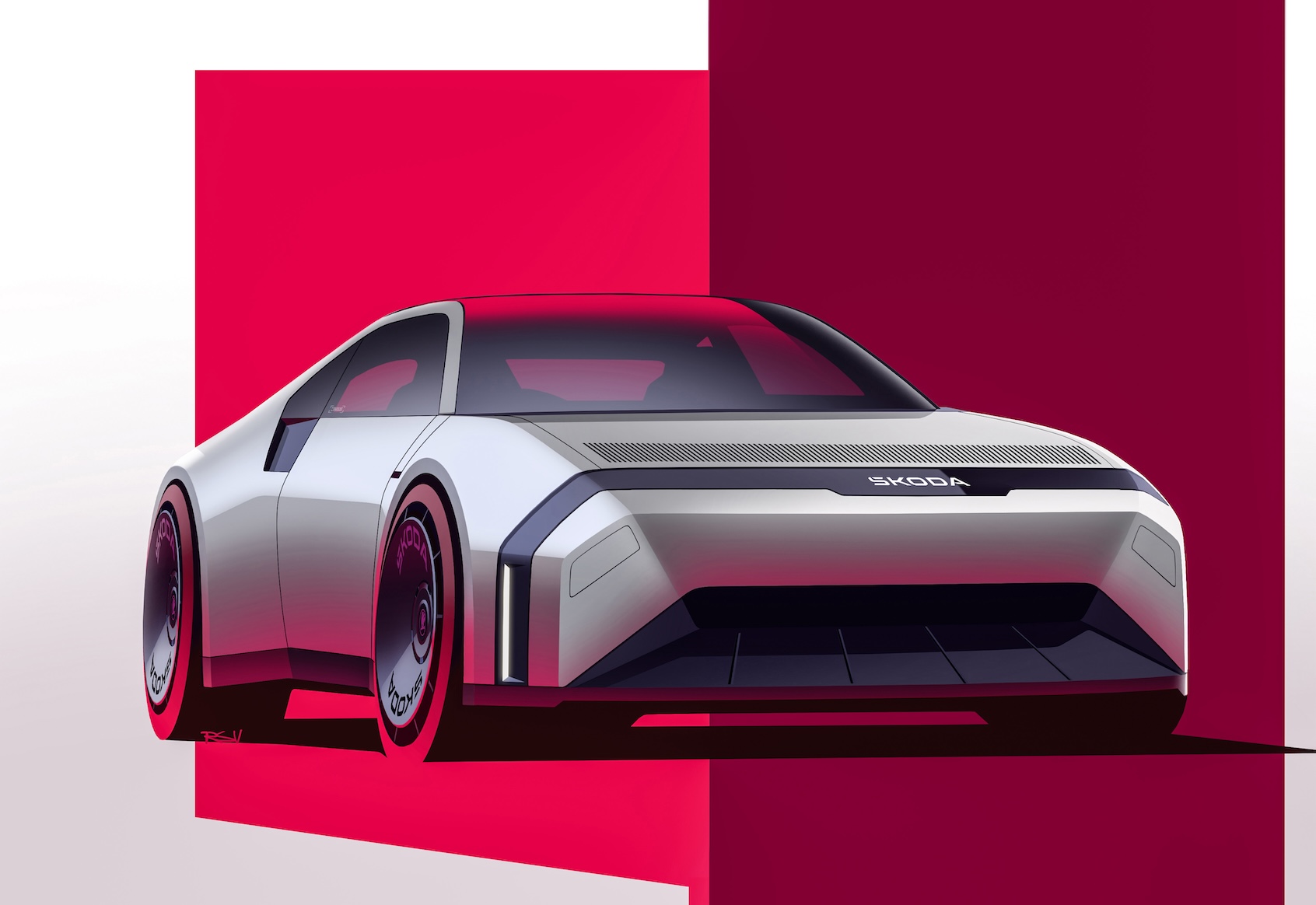95% of women drivers say they have experienced aggressive behaviour


A survey carried out exclusively by the Czech online magazine Zenavaute.cz for WWCOTY canvassed 1,879 women drivers worldwide in an online questionnaire. It shows that women drivers value a sense of cautious driving (29%) and following the rules of the road (25%). They also admit their driving weaknesses include uncertain/indecisive driving (26%), parking (26%) and driving in difficult conditions (23%).
According to a recent survey, a total of 95% of women drivers said they have experienced aggressive behaviour from others. For more than a third of women drivers, such situations are caused by anger (39%) and nervousness (34%).
What women drivers think of themselves
The survey released in 47 countries revealed what they consider to be their strengths. A third of the respondents consider cautious driving (29%) to be a strength for women drivers. More than a quarter of respondents cite following the rules of the road (25%) as the strength of women drivers. A fifth of respondents (21%) agree that active driving and quick reactions are a priority. One in ten women drivers say that smooth and predictable driving (12%) or multitasking – driving and talking at the same time (11%) – are their strength when driving a car.
Women drivers are also aware of their weaknesses when self-evaluating their driving skills. A quarter of respondents said that uncertain/indecisive driving (26%), parking (26%) and driving in difficult conditions such as darkness, rain or snow (23%) are the main weaknesses perceived by women drivers. Almost fifth of respondents said they had seen no weaknesses in their own driving. About 7% of the 1,879 respondents – women drivers see slow driving as their weakness.
“Through a questionnaire we analysed how women drivers feel, what they fear and how they behave on the road. The responses from 1,879 women drivers worldwide and the results are remarkable,” says Sabina Kvasova, editor-in-chief of the magazine that conducted the survey.
Concerns while driving
Do women drivers encounter aggressive behaviour from other drivers on the road? The vast majority of women drivers answered yes (95%). Specifically, half of the respondents admitted that they encounter aggressive behaviour on the road very often (51%), almost a third rather often (31%) and more than a tenth of respondents sometimes (13%).
Example of aggressive behavior by others on the road that women drivers considered included driving close to the back of another vehicle (15%), racing (15%) and physically attacking another road user (15%), followed by indecent gestures or verbal insults (13%), braking (12 %) and using the horn or flashing the high beams when it is not required for traffic safety (11%).
A small proportion of women drivers consider reckless driving on the road (9%), overtaking in places where it is not explicitly allowed (5%) and driving unreasonably slowly where overtaking is not allowed (5%) to be examples of aggressive behaviour.
The survey also focused on how women drivers feel when they encounter aggressive driving. For more than a third, such situations cause anger (39%). A third of women drivers feel nervous in such moments (34%). Interestingly, aggressive driving triggers fear in 14% of women drivers, while 14% remain calm and do not care when they encounter aggressive behaviour by other drivers on the road.
What are the prevailing stereotypes in society regarding women drivers?
The dominant objection is that they don’t know how to park (46%). Almost half of the 1,879 women drivers in the survey agree with this. Other stereotypes about women drivers include that they drive slowly (21%), they sit too close to the steering wheel (14%), they don’t follow traffic rules (8%) and endanger those around them (5%).
“Unlike men, women generally do not feel the need to compensate for insecurities from everyday life behind the wheel of a car. On the contrary, a significant number of men view driving as a way to assert their masculinity. This is supported by a survey conducted in Italy, the traditional homeland of fast sports cars, which concluded that men are more willing to admit being poor lovers than bad drivers,” concludes Roman Budský, a traffic expert from the VIZE 0 Platform.
The survey was carried out in 47 countries around the world (Algeria, Argentina, Australia, Austria, Belgium, Bosnia and Herzegovina, Brazil, Bulgaria, Canada, Chile, Columbia, Costa Rica, Croatia, Cyprus, Czechia, Ecuador, Egypt, Finland, France, Germany, Greece, Guatemala, Hungary, India, Ireland, Israel, Italy, Mexico, Monaco, Montenegro, Netherlands, Norway, New Zealand, Pakistan, Panama, Poland, Portugal, Qatar, Serbia, Slovenia, Spain, Sweden, Switzerland, Turkey, UAE, UK, and USA).
If you enjoyed this article, be sure to follow us on Microsoft Start.










